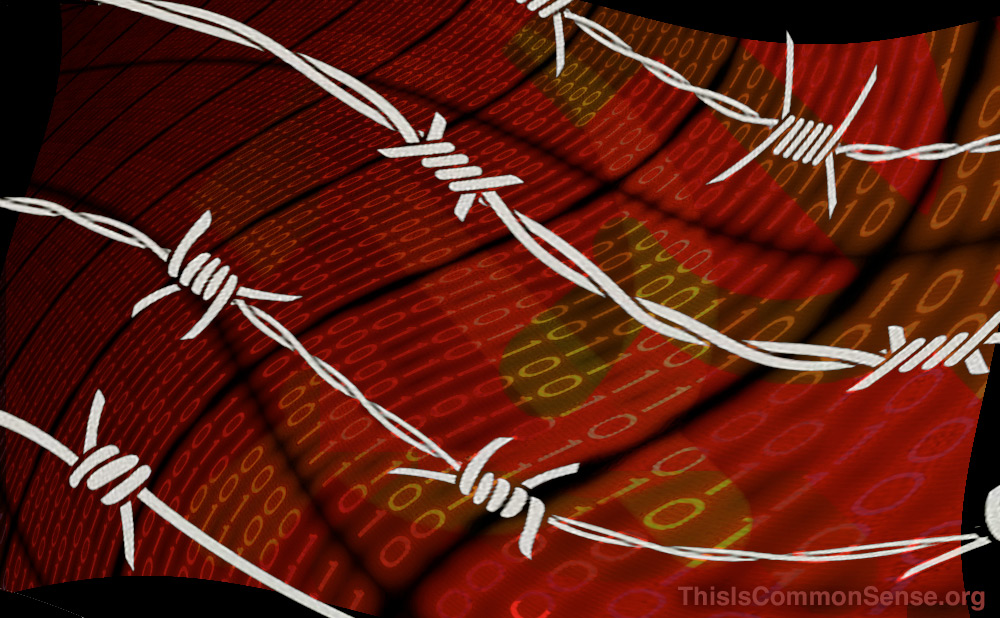A novelist lost access to the novel she was working on. Though almost finished, she had placed her draft in “the cloud” . . . and her Internet service decided to lock her out.
Suddenly, her million words were no longer hers.
That should be a lesson to us all about cloud storage (keep local, off-line back-ups of precious data!), but it’s especially a lesson about China.
While other governments and companies have already begun to emulate China’s censorship of social media and social credit scores, China’s remains at the cutting edge. Chinese writers are losing access to their work because a cloud-based software, WPS, is censoring at the behest of the Chinazi government.
The first to report the development was the novelist with the pen name of Mitu, mentioned above. Writers are being locked out of their manuscripts because the technology has spied illegal content.
Technology Review observes that the ensuing controversy has “highlighted the tension between Chinese users’ increasing awareness of privacy and tech companies’ obligation to censor on behalf of the government.”
An odd way of putting it. But yes, there’s often tension between persons who want to be free to act and others eager to repress.
Could it happen here?
We’re past the point of regarding any form of Big Tech-enabled censorship on behalf of the American state as unthinkably beyond the pale. When they’re routinely gagging scientists for discussing research inconsistent with government-approved doctrines about COVID-19, that’s a strong clue about how far they’re willing to go.
This is Common Sense. I’m Paul Jacob.
—
See all recent commentary
(simplified and organized)

3 replies on “China Leads the Way”
Before the personal computer, one used the computer of someone else. The user might feed paper-tape or Hollerith cards to it, or might interact by way of a terminal. The user might even access the computer with a “smart” terminal, which itself had some computing ability of its own to provide an better interface. But the essential computer was owned and controlled by others.
Cloud computing returns to that model. It treats personal computers and electronic tablets as mere smart terminals, and makes the user dependent upon the devices of others for the basic tasks and for storage. Granted that in the old days one usually connected to a specific computer whereas cloud computing might more often have one using a different remote server each time; still, personal computing is being systematically displaced.
Users who have allowed themselves to become dependent upon cloud computing need to reverse that dependence. They need to get local storage; they need to use operating systems and applications that depend only upon their local devices. Users need to avoid even those programs that with each use require them to go on-line to authenticate a license.
Right on, Daniel.
Clouds bring storms. Seek shelter.